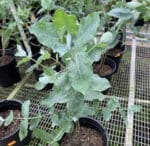
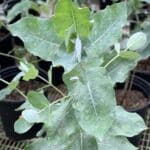
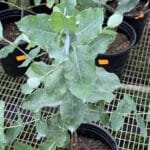
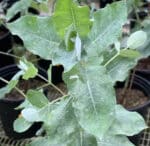
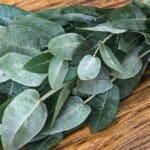
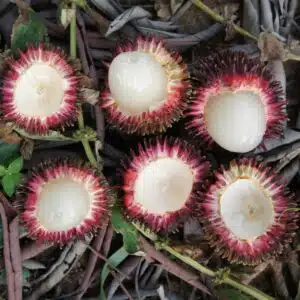
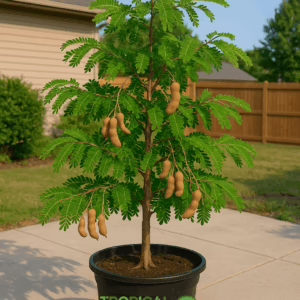
Blue Gum Eucalyptus ( Eucalyptus globulus) live plant 2′-3′ feet tall
$79.99 Original price was: $79.99.$49.99Current price is: $49.99.
Eucalyptus globulus, commonly known as Blue Gum Eucalyptus, is a fast-growing, evergreen tree native to Australia and widely cultivated around the world for its valuable wood, essential oil, and ornamental appeal. Known for its towering height, distinctive aromatic leaves, and medicinal properties, this eucalyptus species has become popular in many regions with suitable climates.
Eucalyptus globulus, commonly known as Blue Gum Eucalyptus, is a fast-growing, evergreen tree native to Australia and widely cultivated around the world for its valuable wood, essential oil, and ornamental appeal. Known for its towering height, distinctive aromatic leaves, and medicinal properties, this eucalyptus species has become popular in many regions with suitable climates.
Appearance and Characteristics:
Eucalyptus globulus is a tall tree that can reach heights of 100 to 200 feet (30 to 60 meters) under optimal conditions. It has a straight trunk with smooth, grayish-white bark that peels away in long strips, revealing a cream or light tan underlayer, giving it a distinctive appearance. As the tree matures, the bark may become rough and flaky near the base. The juvenile leaves are blue-green, rounded, and waxy, while mature leaves are long, lance-shaped, and dark green with a strong aromatic scent due to the high concentration of essential oils.
The tree produces white to creamy-yellow flowers that grow in clusters, attracting pollinators such as bees. These flowers give way to woody, cup-shaped seed capsules, which release small seeds.
Growing Conditions:
Eucalyptus globulus thrives in Mediterranean, subtropical, and temperate climates and is well-suited for USDA hardiness zones 8 to 11. It prefers full sun and grows best in well-draining soils, including loamy, sandy, or even clay soils, as long as there is adequate drainage. The tree is drought-tolerant once established but performs best with moderate watering.
Blue Gum Eucalyptus is sensitive to severe frost and should be planted in areas protected from extreme cold. In regions with cold winters, young trees may require protection, or they can be grown as container plants and moved indoors during colder months.
Watering and Fertilizing:
While Eucalyptus globulus is drought-tolerant once mature, young trees need regular watering to establish a strong root system. Watering should be reduced once the tree is established, as it prefers slightly dry to moderately moist soil. Avoid waterlogged conditions, as excessive moisture can cause root rot and other issues.
Eucalyptus trees do not typically require heavy fertilization. However, applying a balanced fertilizer or organic compost during the first few years of growth can promote strong and healthy development. Once established, the tree generally thrives with minimal supplemental feeding.
Care and Maintenance:
Eucalyptus globulus is a relatively low-maintenance tree once established. Pruning is beneficial for maintaining shape, controlling size, and promoting healthy growth. Pruning should be done during the cooler months to remove dead, damaged, or overcrowded branches. The tree’s rapid growth rate makes regular pruning essential to keep it manageable and maintain its shape in smaller garden spaces.
Mulching around the base of the tree helps retain soil moisture, regulate soil temperature, and reduce weed competition. Be careful not to pile mulch against the trunk, as this can lead to rot.
Pests and Diseases:
Eucalyptus globulus is generally resistant to pests and diseases due to its high concentration of aromatic oils, which repel many insects. However, it may occasionally attract pests such as psyllids, aphids, and scale insects. Regular inspection and early treatment with organic pest control methods, such as neem oil or insecticidal soap, can help manage infestations.
Fungal diseases, such as root rot or leaf spot, may occur in humid conditions or when the tree is grown in poorly draining soil. Ensuring good airflow, proper spacing, and well-draining soil helps reduce the risk of fungal issues.
Uses:
– Essential Oil Production: Eucalyptus globulus is a major source of eucalyptus oil, which is extracted from the leaves. The oil has a strong, fresh, and minty aroma and is widely used for its medicinal properties. Eucalyptus oil is known for its antiseptic, anti-inflammatory, and decongestant effects and is commonly used in aromatherapy, cough syrups, ointments, and other health products.
– Timber and Wood Products: The wood of the Blue Gum Eucalyptus is hard, durable, and used for various purposes, including construction, furniture, paper production, and firewood.
– Ornamental Planting: Due to its attractive foliage, distinctive bark, and aromatic scent, Eucalyptus globulus is often planted as an ornamental tree in parks, gardens, and landscapes.
– Windbreaks and Soil Stabilization: The tree’s fast growth and ability to tolerate poor soils make it valuable for reforestation, erosion control, and as a windbreak in agricultural settings.
Ecological Considerations:
While Eucalyptus globulus provides many benefits, it is considered invasive in some regions due to its rapid growth and ability to outcompete native vegetation. The tree has high water usage and can alter the water table and soil conditions, making it challenging for native plants to thrive. It is important to check with local authorities before planting to ensure it is suitable for the area.
Harvesting and Processing Eucalyptus Oil:
The leaves of Eucalyptus globulus are harvested and steam-distilled to extract essential oil. The oil contains high levels of cineole (also known as eucalyptol), which gives it its characteristic scent and medicinal properties. Eucalyptus oil is used in a wide range of applications, including respiratory therapies, topical ointments, insect repellents, and cleaning products.
Medicinal Properties:
Eucalyptus oil from Eucalyptus globulus is widely used in traditional medicine for its therapeutic properties. It is often used to relieve respiratory issues such as colds, coughs, and sinus congestion due to its decongestant effects. The oil is also known for its antibacterial and antifungal properties, making it useful for skin care and wound healing.
Conclusion:
Eucalyptus globulus, or Blue Gum Eucalyptus, is a versatile and valuable tree known for its aromatic foliage, essential oil production, and numerous practical uses. With proper care, including regular watering during its establishment phase and occasional pruning, this fast-growing tree can provide a range of benefits, from medicinal products to ornamental appeal. However, due to its rapid growth and potential to become invasive, it is important to consider local conditions and regulations when planting this species. Whether grown for its essential oil, timber, or ornamental value, Eucalyptus globulus offers a unique and refreshing touch to any landscape.
| Planting Bag + Soil |
Planting bag + Soil ,I have soil and container |
|---|


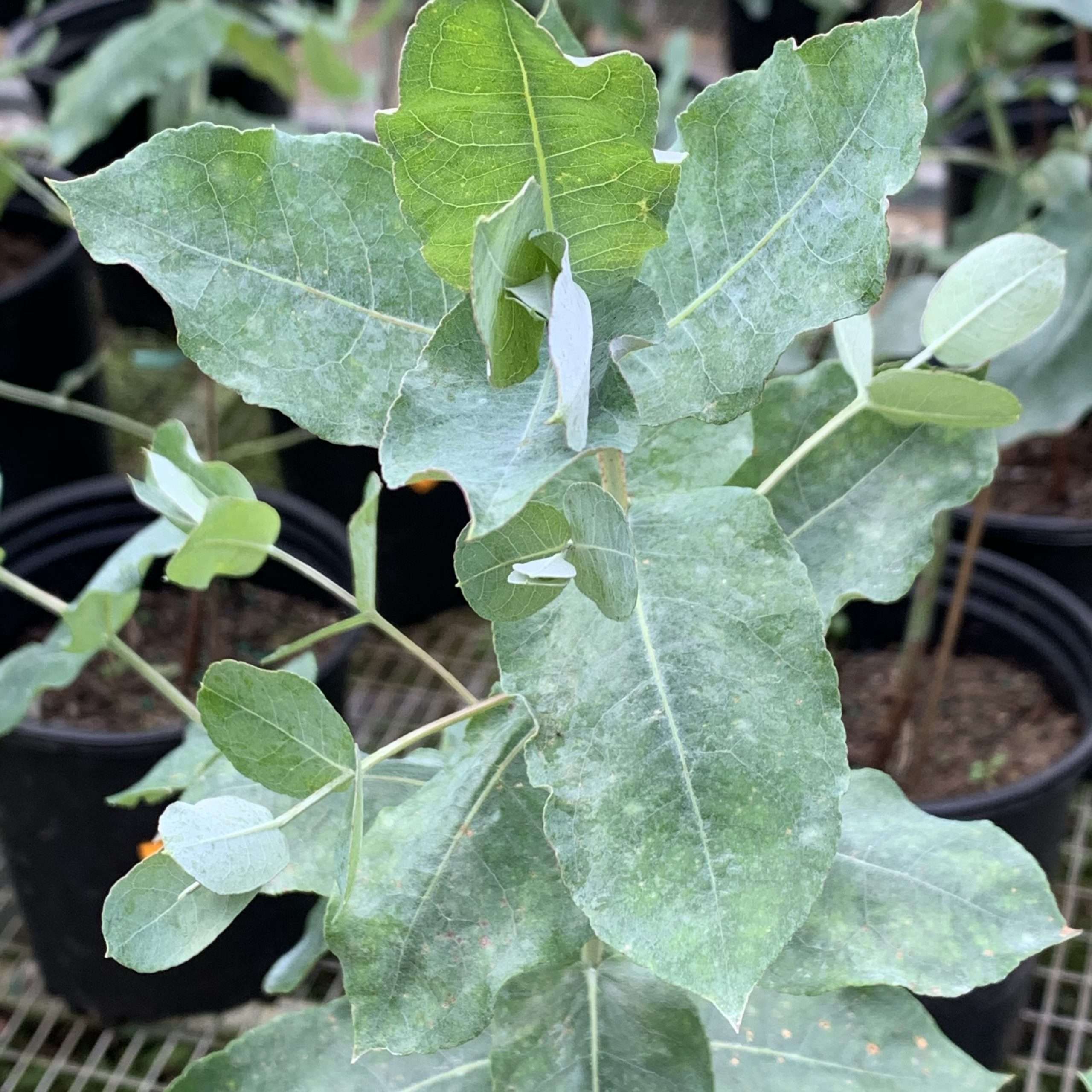
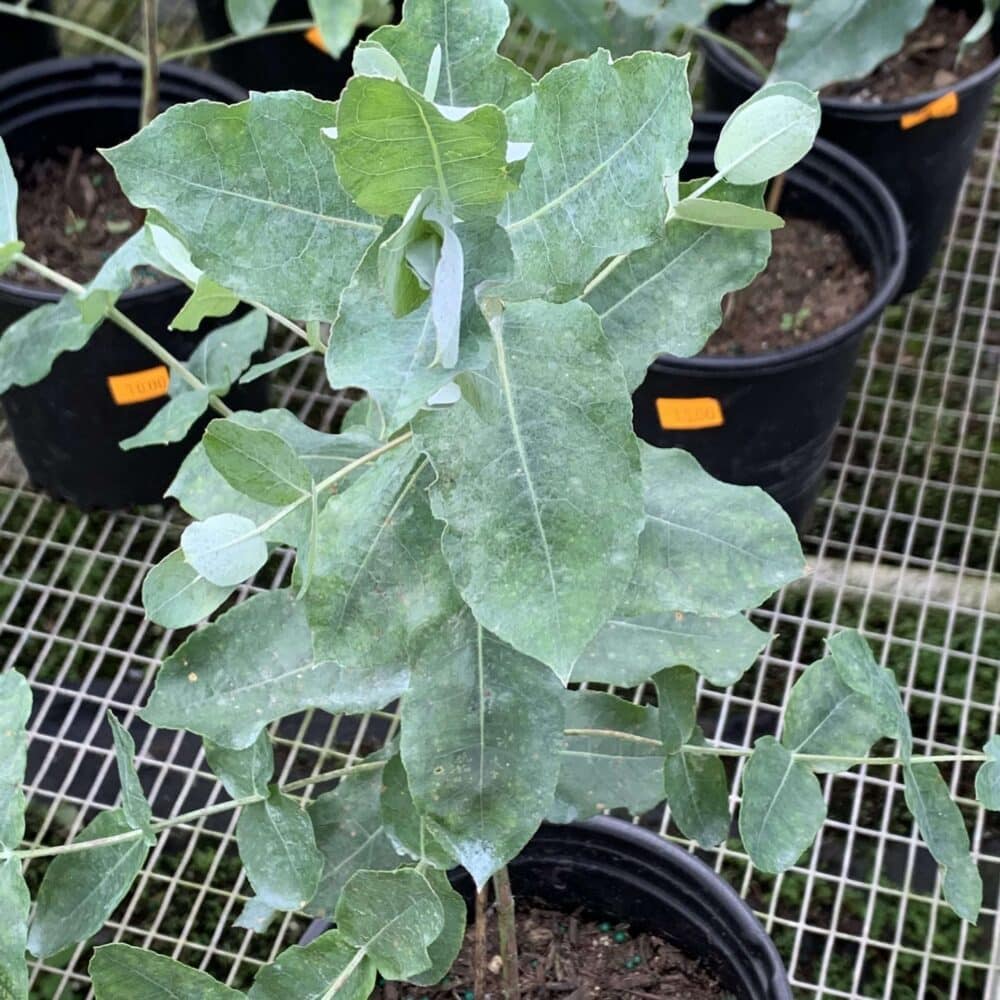

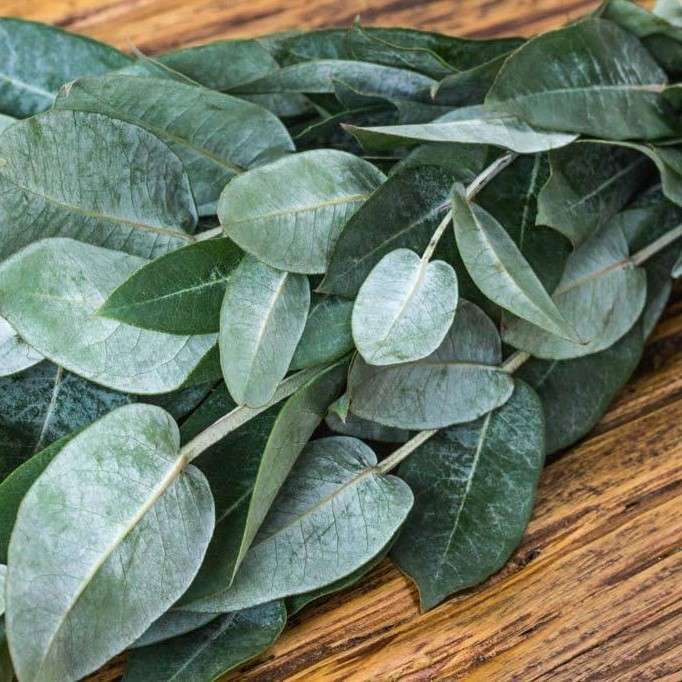
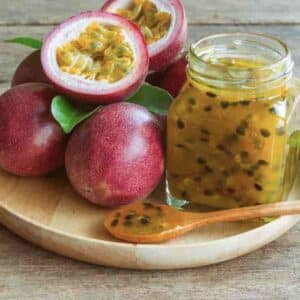
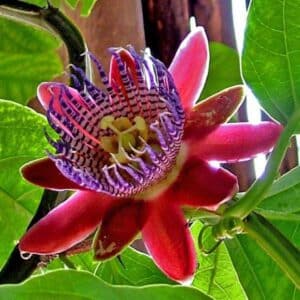
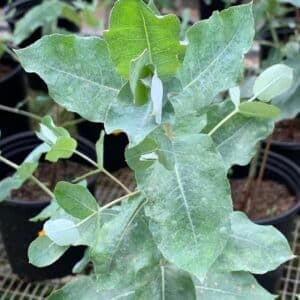
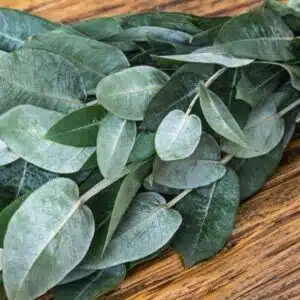
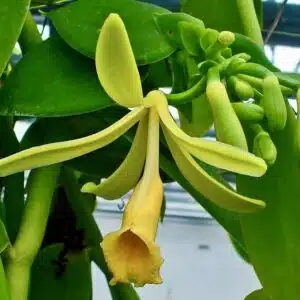
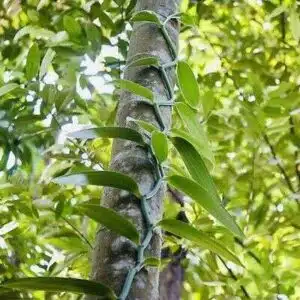
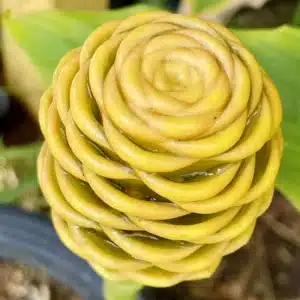
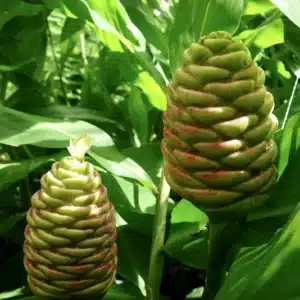
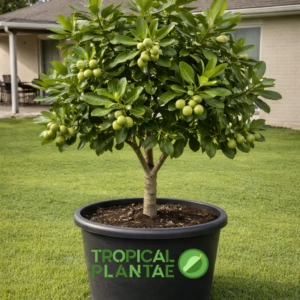
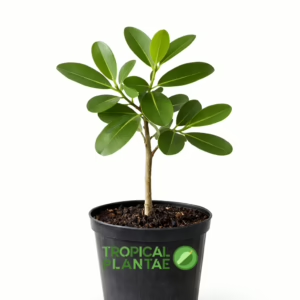
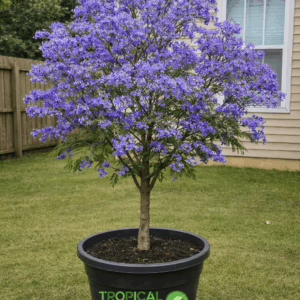
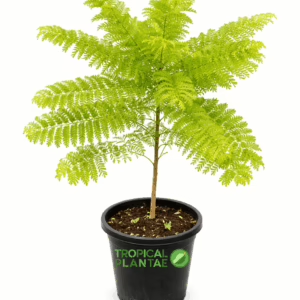

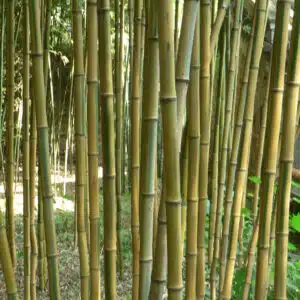
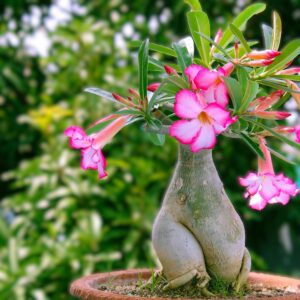
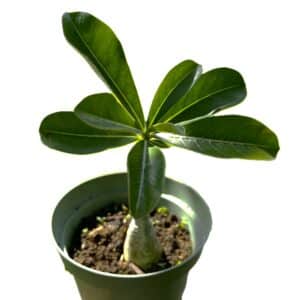
Reviews
There are no reviews yet.